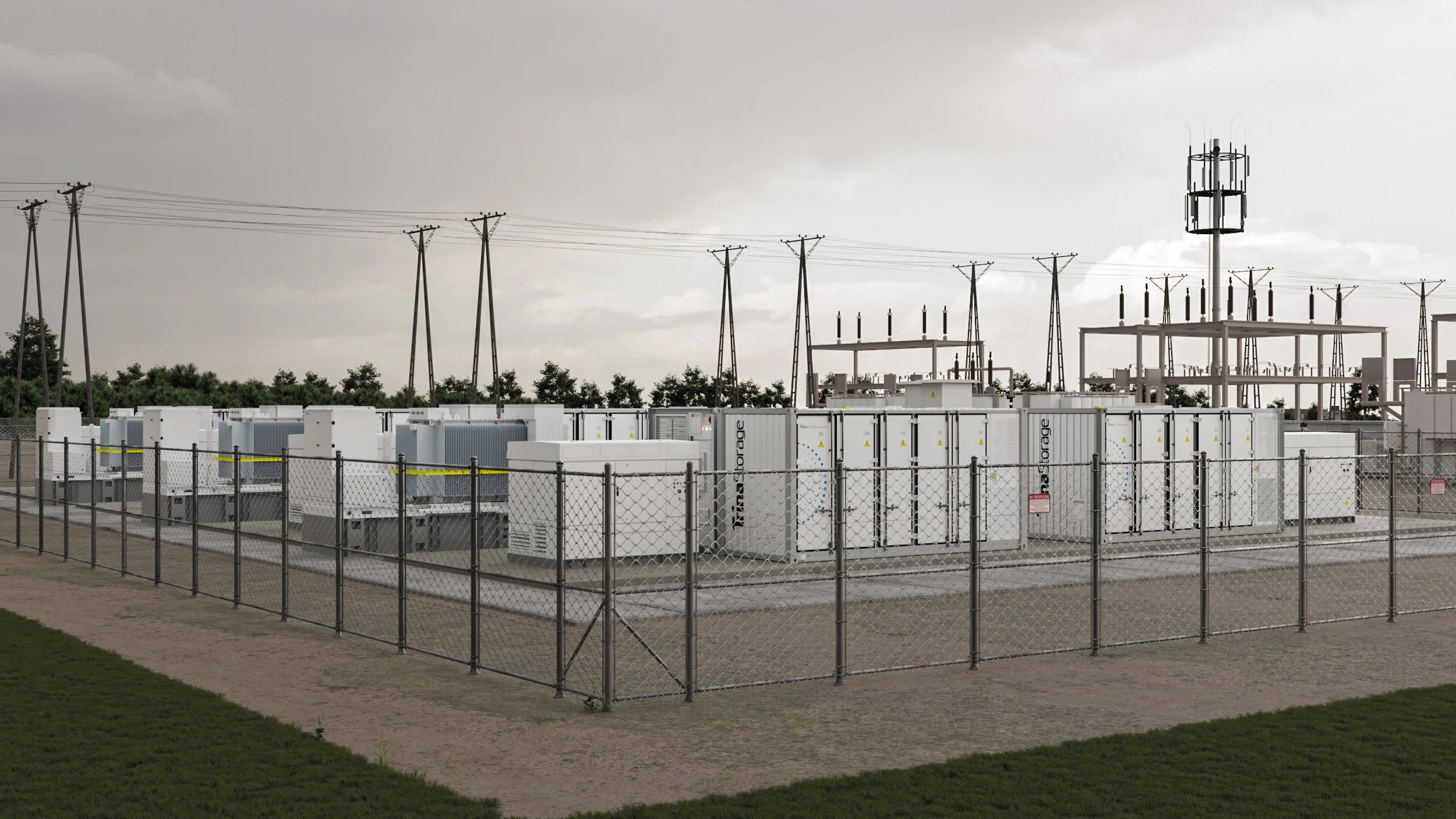Lithuania's Ministries of Energy and the Environment have jointly approved an additional €37 million in funding to expand the country’s capital expenditure (capex) support for energy storage projects. The announcement, made on July 18, supplements an existing €102 million fund administered under the Environmental Project Management Agency’s (EPMA) first call, which closed on June 17. That call attracted 50 applications requesting a combined €197.86 million, nearly double the amount originally allocated.
The grant scheme is part of a broader €180 million energy transition support package backed by the European Union. It falls under the Temporary Crisis and Transition Framework (TCTF), a policy initiative designed to help EU member states strengthen their energy infrastructure in response to the regional impact of Russia’s invasion of Ukraine.
The Lithuanian program offers capex grants of up to 30% for battery energy storage system (BESS) projects ranging in size from 15MW to 150MW. The primary focus is to enable these systems to provide balancing services for the national transmission system operator, Litgrid. The additional funding aims to accelerate deployment in response to growing investor interest and is expected to help Lithuania meet its broader energy targets, which include reaching 1.5GW/4.4GWh of new energy storage capacity by 2028.
Trina Storage to Deploy 180MWh of BESS in Lithuania as Market Attracts New Investment
Trina Storage’s Elementa 2 system will be deployed in Stiemo’s Lithuanian BESS projects. Image: Trina Storage
Trina Storage, the BESS division of solar energy firm Trinasolar, has announced deployment of three new battery storage projects in Lithuania totaling 90MW/180MWh. The installations will be located in Anyksciai, Skuodas, and Jonava, executed in partnership with EPC company Stiemo. Deliveries for the systems are scheduled to begin in December 2025, with commercial operations targeted for mid-2026.
According to Trinasolar, these projects mark the company’s entry into the Lithuanian and broader Eastern European energy storage market, with additional multi-gigawatt-hour deployments planned over the next two to three years.
Lithuania’s storage market has gained momentum following the Baltic states' full disconnection from the Russian power grid and synchronization with mainland Europe earlier in 2025. This transition has underscored the need for grid flexibility, and energy storage has become a central pillar of the country’s infrastructure strategy. Litgrid itself has already implemented transmission-level storage projects with system integrator Fluence.
Recent market activity reflects this growth. In July 2025, UAB Karjerų linija and state-owned utility Ignitis Group invested in utility-scale BESS developments. Earlier in the year, independent power producer E energija Group began construction on a large-scale project, signaling wider market engagement.


